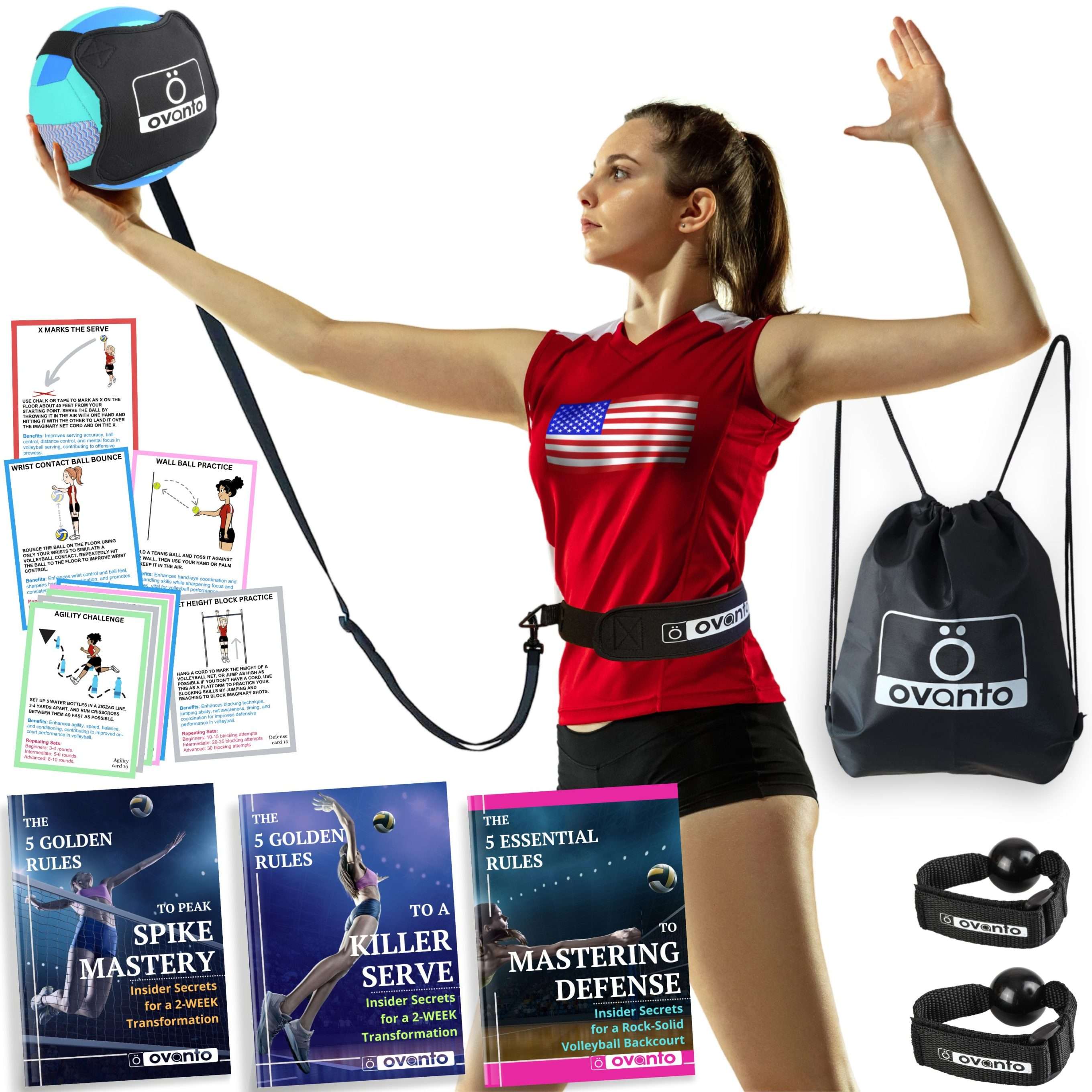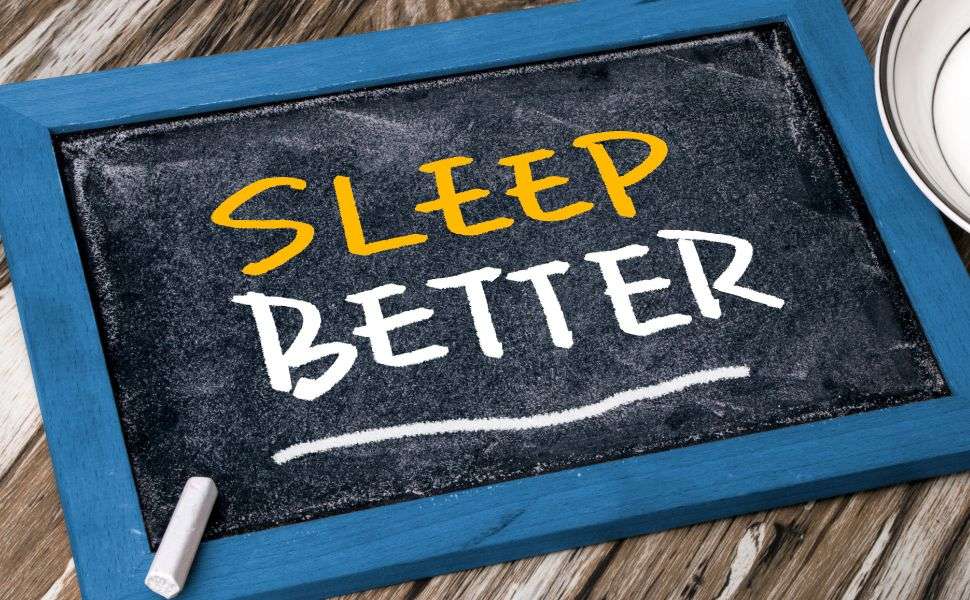The Impact of Sleep on Athletic Performance
Unlocking Peak Performance Through Restful Nights
By Ovanto.org Team

This article is in sync with our mission to contribute to the development of health culture and the growth of all disciplines of volleyball. We provide informative and educational content about volleyball training and the benefits of playing the sport.
Introduction:
Imagine trying to play your favorite sport after pulling an all-nighter. Chances are, you wouldn’t perform at your best. Sleep isn’t just a time for rest; it’s a crucial component of athletic success. Let’s explore how quality sleep can elevate your game and why it’s as essential as practice and nutrition.
Why Sleep Matters for Athletes:
Sleep is the body’s natural recovery period. During deep sleep stages, muscles repair, and energy stores are replenished, preparing you for peak performance the next day. Without adequate rest, your body struggles to recover, leading to fatigue and decreased athletic abilities.

Benefits of Adequate Sleep
1. Enhanced Reaction Time and Accuracy
Studies have shown that increased sleep among athletes leads to improved accuracy and faster reaction times. For instance, college basketball players who extended their sleep experienced a 9% boost in free throw and three-point shooting accuracy.
2. Improved Endurance
Sufficient sleep boosts energy levels, allowing athletes to sustain high-intensity performance for longer periods. This means you can push harder and achieve more during training and competitions.
3. Better Decision-Making and Focus
Sleep enhances cognitive functions such as decision-making, problem-solving, and focus. A well-rested mind can process information quickly, leading to smarter plays and strategies on the field.
4. Reduced Injury Risk
Adequate sleep is linked to a lower risk of injuries. During deep sleep, the body releases growth hormones essential for tissue repair and muscle growth, aiding in faster recovery and reducing the likelihood of overuse injuries.

Consequences of Sleep Deprivation
Lack of sleep can have several negative effects on athletic performance:
- Slower Reaction Times: Sleep deprivation leads to delayed response times, which can be detrimental in fast-paced sports.
- Decreased Accuracy: Tiredness impairs motor skills, leading to less precise movements and actions.
- Increased Fatigue: Without proper rest, energy levels drop, making it challenging to maintain peak performance.
- Higher Injury Rates: Fatigued athletes are more prone to mistakes and injuries due to impaired judgment and slower reflexes.
Discover our volleyball trainers to enhance your own journey and unlock your potential on the court.


Tips for Better Sleep
To harness the power of sleep for athletic improvement:
- Maintain a Consistent Sleep Schedule: Go to bed and wake up at the same times daily, even on weekends.
- Create a Relaxing Bedtime Routine: Engage in calming activities before bed, such as reading or gentle stretching.
- Optimize Your Sleep Environment: Ensure your bedroom is cool, dark, and quiet.
- Limit Screen Time Before Bed: Reduce exposure to screens at least an hour before bedtime to promote better sleep quality.
- Monitor Nutrition and Hydration: Avoid heavy meals, caffeine, and alcohol close to bedtime, as they can disrupt sleep patterns.
By prioritizing sleep, you’re not only enhancing your athletic performance but also investing in your overall health and well-being. Remember, a well-rested athlete is a successful athlete.
Disclaimer: The information provided in this article is intended for general guidance and informational purposes only. The insights and recommendations regarding sleep and athletic performance may not be suitable for everyone. It is advisable to consult with a qualified healthcare professional or a sleep specialist before making significant changes to your sleep habits, especially if you have any pre-existing health conditions or concerns. Individual responses to sleep interventions can vary, and personal discretion should be exercised when implementing any new routines. The author and publisher are not responsible for any adverse effects or consequences resulting from the use or misuse of the information presented in this article. Always prioritize safety, personal health considerations, and professional advice.


